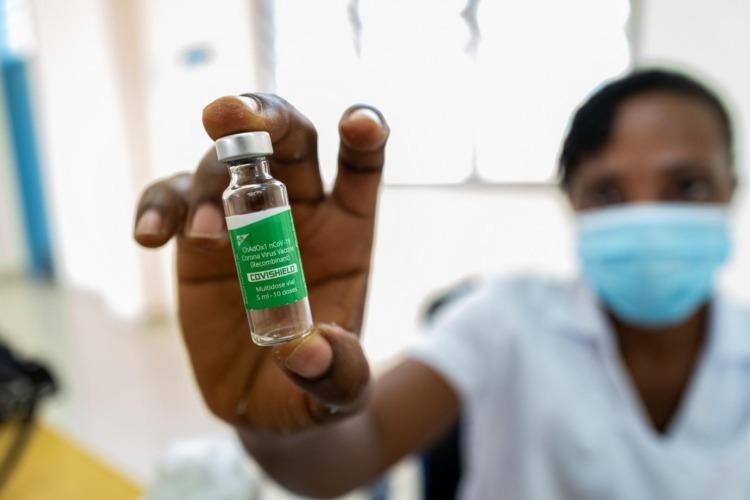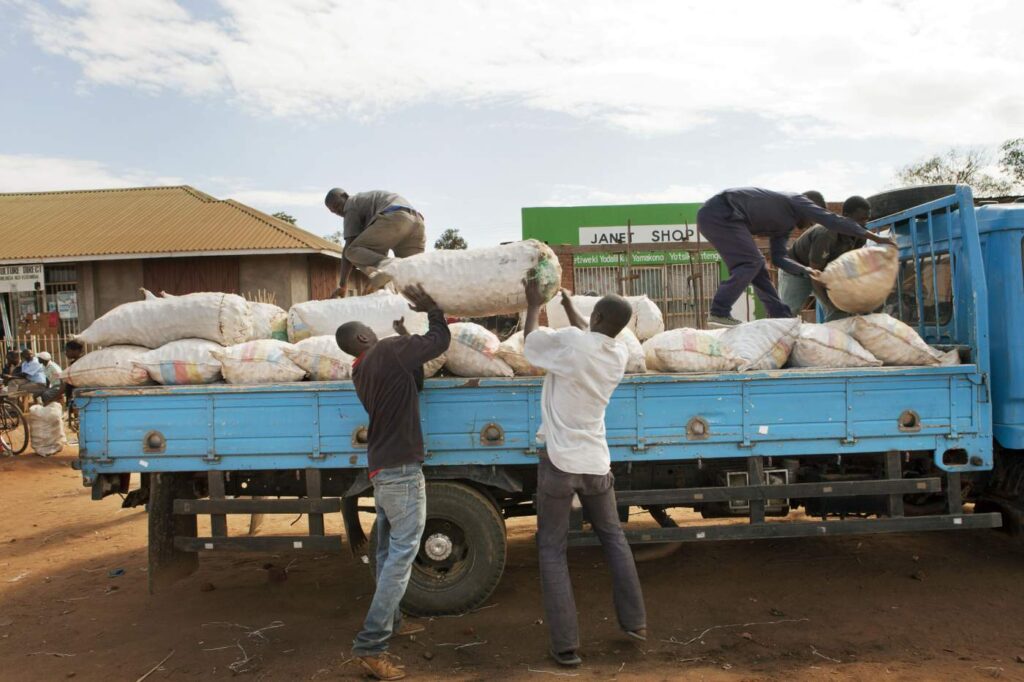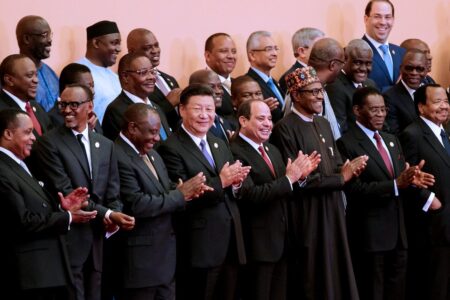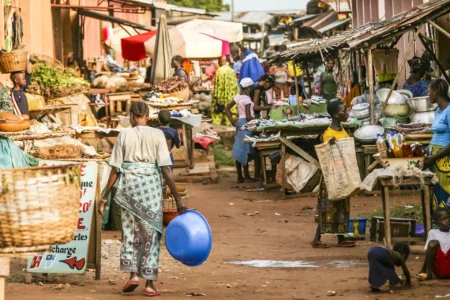On Thursday, May 13, the Africa Centers for Disease Control and Prevention (Africa CDC) disclosed that African countries had acquired 38.03 million Covid-19 vaccines thus far.
For a continent with close to 1.5 billion people, the acquisition is at snail’s pace, sporadic and at best remains a lengthy process that may never be completed to successfully cover every African citizen in need of the vaccine.
Out of the 38 million doses, 22.4 million doses had been administered corresponding to a coverage rate of 1.48 per cent of the continent. Only five out of the 55 African nations had administered most of the doses of the Covid-19 vaccine respective to their populations.
Read: Vaccine diplomacy: A new weapon in a new superpower game
Access to vaccine
The five – Morocco, Nigeria, Ethiopia, Egypt and Kenya – have used up close to 58.87 per cent of the vaccine supply available.
While the pandemic was an emergency, the dearth of vaccines only amplifies one of the major problems that Africa has when it comes to healthcare. The continent lacks a robust medical supplies manufacturing sector and relies heavily on imports from other countries.
Unfortunately for the continent, many countries that export medical supplies to Africa held off from exporting those related to the coronavirus since they had to take care of their own first. As usual, the holdup has seen many Africans who need the vaccine suffer from the lack thereof.
The shortage means that even the little that was available was out of reach of many whose financial status does not allow them to obtain the vaccine. For perspective on unaffordability, a majority of Africans live on less than US$2 per day
Covid-19 as a pandemic, has brought to the fore the need for Africa to invest heavily in pharmaceuticals production if the continent is to ably deal with similar occurrences in the future.
McKinsey & Company notes that Africa’s vaccine market could double in value in under 10 years and that by 2030, the continent’s vaccines market could be worth about US$5.4 billion.
As it is, each year more than 9.4 million African children do not receive the complete dose of vaccines for diseases like diphtheria, tetanus, and pertussis (DTP). While children get the initial dose, McKinsey notes that many miss the third and final recommended dose of the vaccine. This is evidence of the gaps in Africa’s vaccination programmes.
Current estimates by the company show that Africa’s total public-market vaccine sales are estimated at US$1.3 billion which is the equivalent of about 25 per cent of the global market’s US$33 billion.
The four key drivers that could expand Africa’s vaccines market, according to McKinsey, include demographic shifts where demographers project that the continent’s population will grow much more quickly at an estimated 2.5 per cent annually than the rest of the world’s growth which is estimated at 0.7 per cent.
Another factor that will affect market growth is access. This is following efforts to expand vaccine coverage and access not only for vaccines already in use but also the introduction of new and critical pharmaceutical products like vaccines for rotavirus, pneumococcal and the human papillomavirus (HPV) to countries that have not routinely used them will boost demand.
Bearing in mind that majority of Africans are subsistence, pricing will also play a key role in growing the vaccines market.
McKinsey notes that although prices for most products are expected to stay the same or decline, the product mix is expected to shift toward relatively higher-priced products. This is due to new products being introduced into the market while some legacy products are phased out.
Another issue that will determine pricing is the growth of per capita income in some countries.
A noteworthy contributor as mentioned is the introduction of new products. There are emerging products like those for Lassa fever which occurs in West Africa, malaria which kills close to half a million Africans annually and now Covid-19 which could find substantial demand in coming years.
The current vaccines state in Africa
The World Health Organisation (WHO) notes that almost all the current vaccine capacity in Africa is focused on supplying internal country markets with little or no exportation taking place. With Covid-19 vaccines, the UN body adds that current capacities are modestly scaled with no large-scale capacity producing less than 100 million doses.
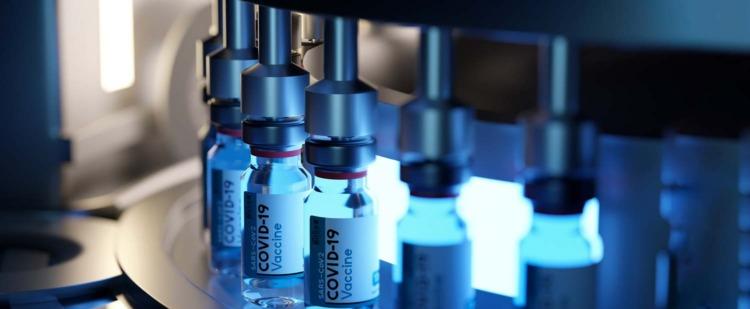
Covid-19 shows that the lack of production capacity in Africa severely limits vaccine availability in disease emergency situations since there is no immediate readiness to repurpose facilities for large-scale production either individually or through partnerships. This means that Africa will have to wait much longer for locally produced vaccines unless governments and other stakeholders come together to hasten production capabilities and capacities.
WHO proposed that African vaccine manufacturers establish supply networks with a target to also export to markets in Africa and elsewhere. For success, the supply chain could use the existing economic zones in Africa.
With most African countries supplied with vaccines by UNICEF supported by Gavi and the Vaccine Alliance, there are less than 10 countries that are self-sufficient in terms of vaccine procurement. These countries, according to WHO, are the only ones that manufacture vaccines on the continent.
UNICEF’s involvement in vaccines supply on the continent has led to a very specific shaping of the vaccine markets where more than 1.5 billion doses are supplied through the organization.
The consequence of relying on UNICEF for the supply of vaccines means that establishing sustainable vaccine industries, not only for Covid-19 but also other on-demand vaccines, in Africa is a challenge. One of the biggest challenges is financial since acquiring vaccines in another way would require advanced purchasing support from African governments.
WHO adds that the current dispensation, where African countries are relying on global organisations for vaccines, is limiting. This is because most countries do not buy their own vaccines and therefore cannot commit to buying locally manufactured vaccines. This reliance on donors has almost killed the entire vaccines production value chains in Africa, for Africa.
Again, the WHO notes that the biggest impediment is the structure of vaccine markets in Africa.
African governments have to commit and support buying vaccines manufactured in Africa otherwise the cards are stacked against local manufacturing since it is difficult to build a sustainable industry capable of producing vaccine doses at scale.
WHO says that the current system design requires a shift and a complete review which will enable the establishment of the desperately needed capacity.
The continent has to focus on core issues such as innovative financing, enabling local and regional regulatory capacity to assure quality, critical technical elements including skills development, technology transfer and product development partnerships, good manufacturing practice facility design and establishment.
Read: Economic activities to rebound faster after Covid-19 vaccines





